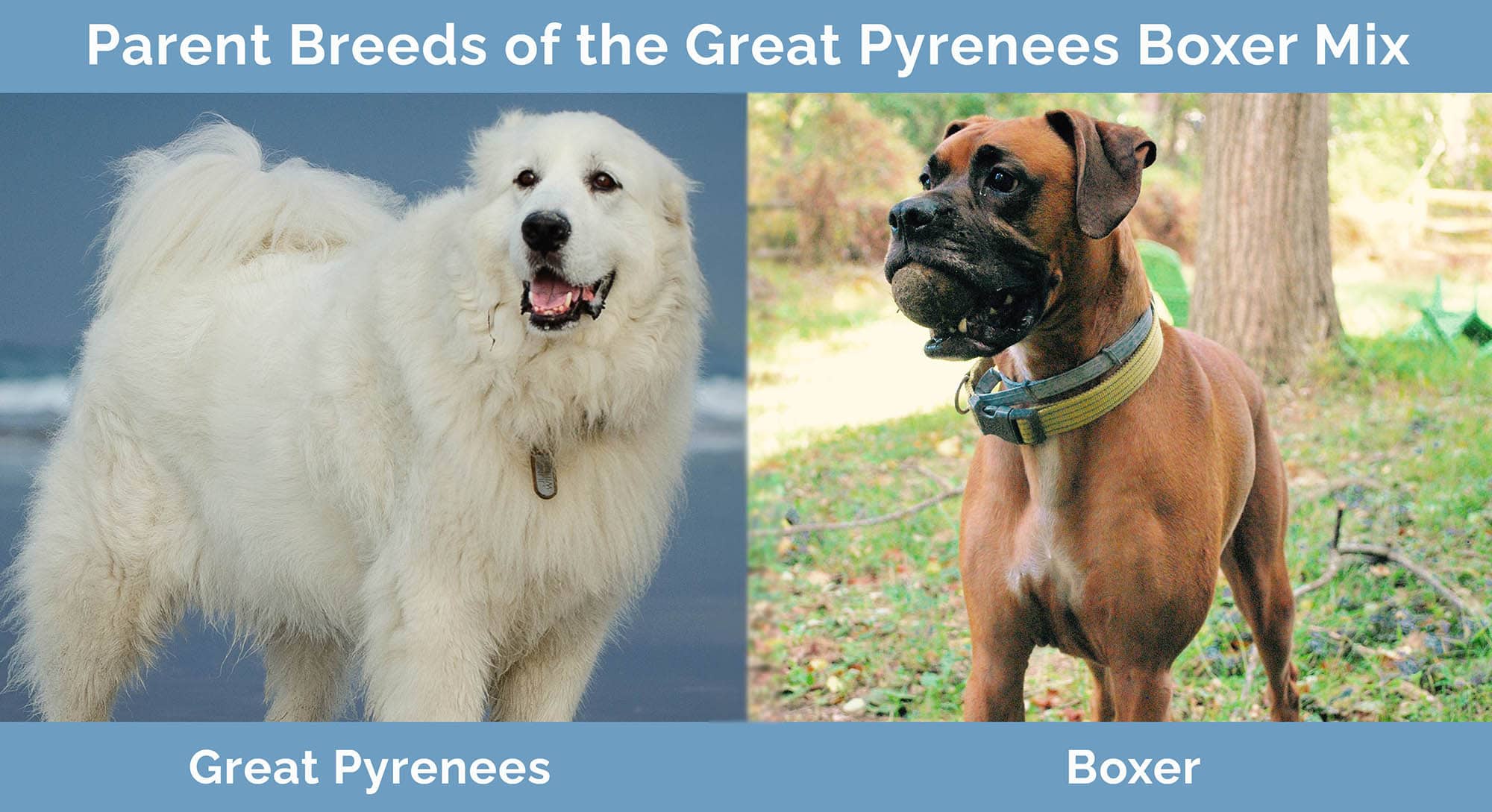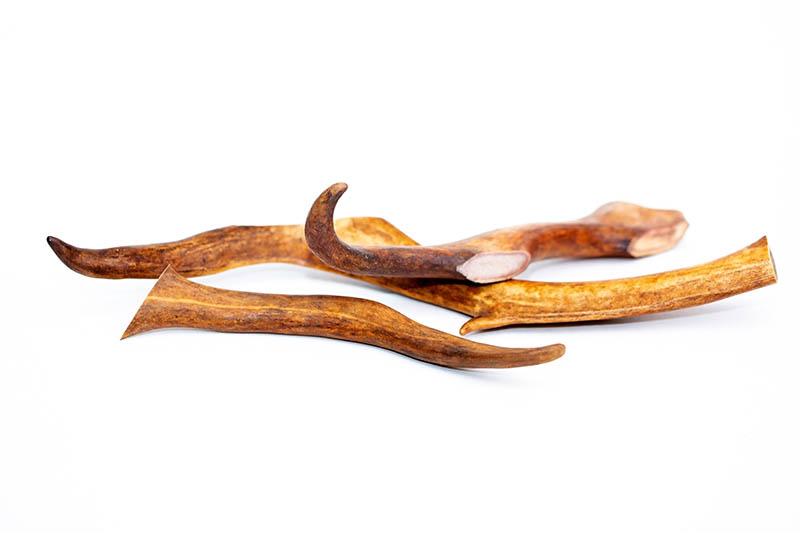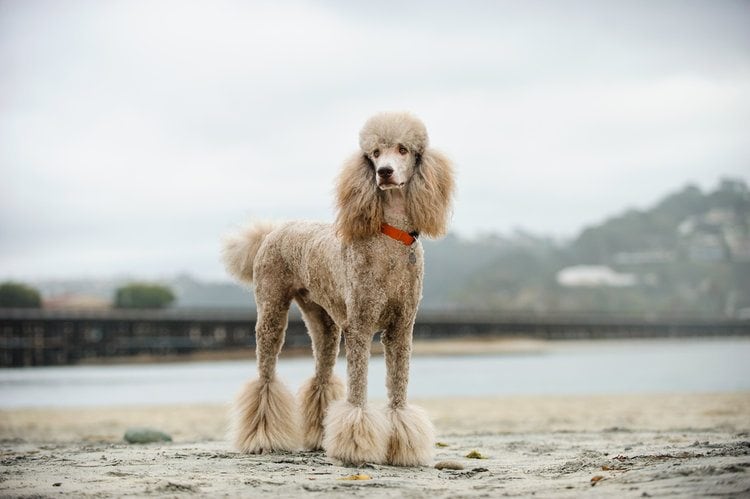Great Pyrenees Boxer Mix: Pictures, Care Guide, Temperament & Traits

Updated on

Click to Skip Ahead
The Great Pyrenees Boxer mix is a unique blend of the gentle giant Great Pyrenees and the playful and devoted Boxer. This hybrid breed combines qualities from both parents, resulting in a strong, energetic, and affectionate companion that will quickly become part of the family.
Breed Overview
| Height: | 23–28 inches |
| Weight: | 50–100 pounds |
| Lifespan: | 10–12 years |
| Colors: | Brindle, fawn, white, tan, black |
| Suitable for: | Active families, those looking for a large, loyal companion |
| Temperament: | Loyal & loving, energetic, intelligent, friendly, gets along with other pets |
The Great Pyrenees Boxer mix is an interesting crossbreed. It combines the robust build and protective nature of the Great Pyrenees with the playful and energetic temperament of the Boxer. This breed is known for its loyalty, intelligence, and affectionate nature, making it a great choice for families.
Great Pyrenees Boxer Mix Characteristics
Great Pyrenees Boxer Mix Puppies
Great Pyrenees Boxer mix puppies are full of energy and curiosity. They require a lot of attention and socialization early on to ensure they grow into well-rounded dogs. Due to the size of the parent breeds, these puppies grow quickly and can be quite large even at a young age. Finding a breeder may take some research, especially to find a reputable breeder, because many breeders don’t breed these mixes intentionally. But adoption is also an option as many mixed breeds end up in shelters.

Temperament & Intelligence of the Great Pyrenees Boxer Mix
The Great Pyrenees Boxer mix is known for its remarkable blend of loyalty, love, and intelligence. These dogs inherit their protective nature from the Great Pyrenees parent, making them excellent watchdogs. Their loving temperament comes from the Boxer side, making them wonderful companions that form strong bonds with their families.
One of the most appealing traits of this breed is their intelligence. They are quick learners, often picking up commands and tricks faster than other breeds. This intelligence paired with their eagerness to please their owners makes training a more straightforward task. However, it’s essential to keep their minds stimulated to prevent boredom, which can lead to destructive behavior.
Are These Dogs Good for Families? 👪
Yes, the Great Pyrenees Boxer mix makes an excellent addition to families. Their loyalty and protective nature make them excellent watchdogs, always alert and ready to protect their family if necessary. They are also very patient and gentle with children, making them fantastic playmates.
Their sociable nature means they enjoy spending time with their families, whether it’s playing in the backyard or simply lying down for a cuddle on the couch. They thrive in environments where they are included as part of the family activities.
Does This Breed Get Along With Other Pets? 🐶 😽
Absolutely, the Great Pyrenees Boxer mix generally gets along well with other pets. They have a friendly disposition that makes them quite sociable. Their Boxer parentage gives them a playful nature, so they’re likely to enjoy the company of other dogs.
However, like all dogs, early socialization is key. Introducing them to a variety of other animals at a young age can help ensure they grow up to be well-rounded and accepting of other pets. It’s also important to remember that every dog is an individual and that their ability to get along with other pets can depend on their personality and experiences.
Things to Know When Owning a Great Pyrenees Boxer Mix:
Food & Diet Requirements 🦴
The Great Pyrenees Boxer mix is a large, active breed that requires a diet high in protein to support their energy levels and muscle health. They should be fed high-quality dog food that’s appropriate for their age, size, and activity level. Portion control is also essential to prevent obesity, a condition that can lead to various health problems.
Exercise🐕
Regular exercise is crucial for this breed. They have a lot of energy to burn off, so daily walks, playtime in the yard, and mental stimulation through games and puzzles are all recommended. Regular exercise will not only help keep them physically fit but also help prevent boredom and associated behavioral issues.
Training 🎾
Early socialization and training are vital for the Great Pyrenees Boxer mix. Start training and socializing them as puppies to ensure they grow into well-behaved and confident dogs. Use positive reinforcement techniques such as treats, praise, and petting to reward good behavior. Consistency is key when training this breed.
Grooming ✂️
The Great Pyrenees Boxer mix has moderate grooming needs. Regular brushing will help manage shedding and keep their coat healthy and shiny. Bathing should be done as needed, generally every few months unless they get particularly dirty. Regular ear cleaning and teeth brushing are also necessary to prevent infections and dental diseases.
Health Conditions 🏥
Like all breeds, the Great Pyrenees Boxer mix is prone to certain health conditions. These can range from minor conditions that are easily manageable with proper care and attention, to more serious conditions that may require veterinary intervention and ongoing treatment.
Regular check-ups with a vet are crucial for catching any potential health issues early. During these visits, your vet can perform a physical examination, conduct necessary tests, and provide vaccinations to prevent common canine diseases. They can also give advice on diet, exercise, and other aspects of care to keep your Great Pyrenees Boxer mix healthy and happy.
- Skin allergies
- Ear infections
- Hip dysplasia
- Heart conditions
Serious Conditions
- Hip Dysplasia: This is a common condition in larger dogs, including the Great Pyrenees Boxer mix. Hip dysplasia affects the hip joint, causing the ball and socket to not fit together properly. This can lead to painful arthritis and mobility issues. Regular exercise and maintaining a healthy weight can help manage this condition, but in severe cases, surgery may be required.
- Heart Conditions: This breed can also be susceptible to various heart conditions. These could include heart murmurs, which are abnormal sounds during the heartbeat cycle, or more serious conditions like dilated cardiomyopathy, where the heart becomes enlarged and cannot pump blood efficiently. Heart conditions often require medication and regular check-ups with a vet.
Minor Conditions
- Skin Allergies: Skin allergies can cause itching, redness, and discomfort in dogs. These allergies could be due to a variety of things, from food to environmental factors like pollen or dust mites. Treatment usually involves identifying and removing the allergen, along with medication to control the symptoms.
- Ear Infections: Dogs with floppy ears, like the Great Pyrenees Boxer mix, are more prone to ear infections. These can cause discomfort and possibly hearing loss if left untreated. Keeping the ears clean and dry can help prevent these infections.
Male vs Female
There are no significant differences in temperament between males and females, but males may be slightly larger.
3 Little-Known Facts About the Great Pyrenees Boxer Mix
1. They are known for their protective nature, inherited from the Great Pyrenees side.
2. Despite their size, they often think they are lap dogs and love to cuddle.
3. They are known for their “Boxer bounce,” a playful jump they do when excited.
Final Thoughts
The Great Pyrenees Boxer mix is a wonderful breed for those looking for a large, energetic, and loyal companion. Their friendly and protective nature makes them perfect for families, and they get along well with other pets. With proper care and training, this breed can make a fantastic addition to any home.
Featured Image Credit: Cavan Images, Shutterstock














